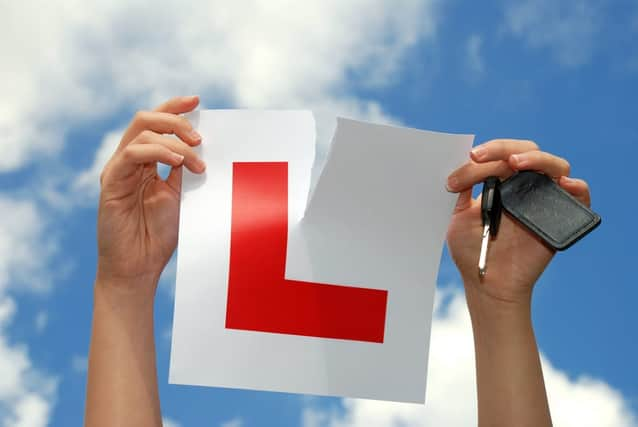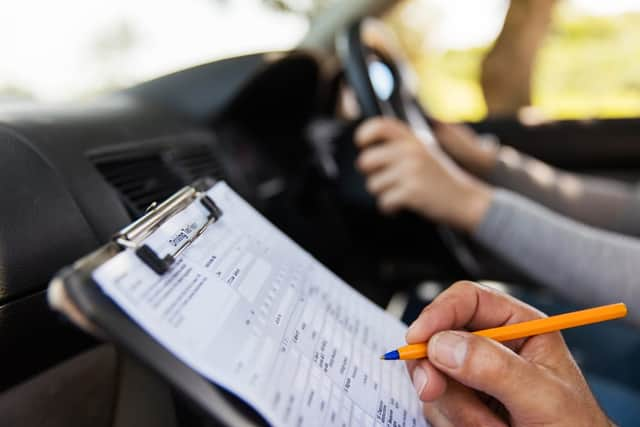Ministers urged to reconsider graduated licences for new drivers


Government ministers have been urged to revisit the idea of imposing limits on new drivers as part of a graduated driving licence (GDL).
A government assessment of GDLs was abandoned last year but the Commons Transport Select Committee has recommended that the topic should be reconsidered as there is some evidence that they can be effective in reducing crash rates.
Advertisement
Hide AdAdvertisement
Hide AdYoung drivers are involved in a disproportionate number of crashes every year and fatality rates are far higher than for most other age groups.
Graduated driving licences and restrictions on young drivers are seen as a way of reducing the risks faced and posed by younger motorists and are already used in other countries such as the United States, Canada, Australia and Sweden.


Among previously suggested elements of a GDL were a limit on the number of passengers newly qualified drivers can carry, a zero-tolerance drink-drive limit and a nighttime curfew banning them from the roads at certain times.
The select committee stopped short of recommending GDLs but did say that there was not enough evidence on the subject and it should be investigated further. It also said the Department for Transport (DfT) should work with Northern Ireland Executive, which is considering a pilot GDL scheme.
Advertisement
Hide AdAdvertisement
Hide AdThe DfT announced an investigation into GDLs in 2019 but in summer 2020 said it was stopping the work partly due to the impact restrictions could have on young people’s employment prospects. Instead, it said it would look at the use of a modular curriculum and how technology and education could be used to reduce crashes.
Committee chairman Huw Merriman MP said: Fully equipping learners for different situations was "essential" to improving safety.
He added: "The committee balanced the current work of the department with the lack of evidence demonstrating the impact of GDL on the economic and social prospects of young people at this time, particularly in rural areas.
"The committee also took into account the need for young people to be given the freedom to drive without further restrictions being imposed upon them.
Advertisement
Hide AdAdvertisement
Hide Ad"However, we are asking the department to resume its research in this area."
Motoring groups said that some elements of GDLs could be useful in raising standards among new drivers but warned against imposing restrictions such as curfews.
RAC road safety spokesman Simon William said: “Younger drivers are overrepresented in serious road casualty statistics, so there is clearly more that can be done to improve road safety.
“While some sort of graduated driver licensing could undoubtedly bring benefits, there are also opportunities to improve the current system. A minimum learning period and an end to intensive courses could help ensure new drivers are better prepared once they pass their tests.”
Advertisement
Hide AdAdvertisement
Hide AdAA president Edmund King said: "We have always been supportive of elements of a graduated licensing system. A logbook, for instance, can help make sure learners experience different weather and daylight conditions.
"However, we have raised concerns about the social and economic implications for new drivers of a heavily restrictive system post-test and will be interested to see the results of the study."